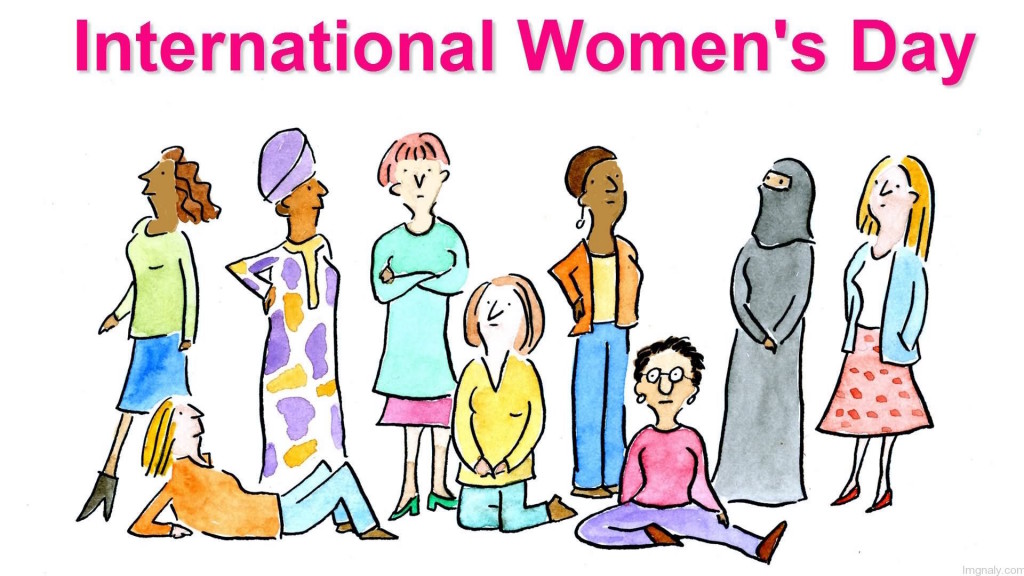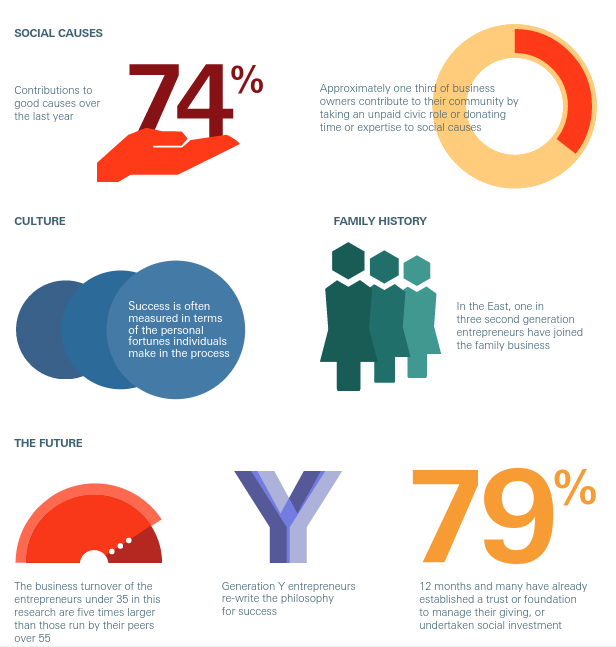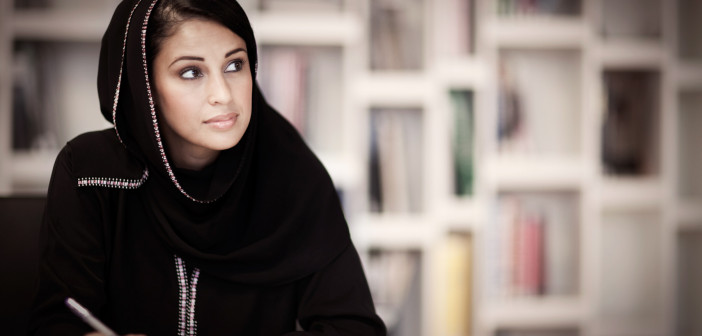Women are making huge strides in entrepreneurship in the Far East and Middle East, even outstripping their Western counterparts – an in-depth survey and report compiled by HSBC Private Bank revealed on 8 March, the very day of the celebration of United Nations International Women’s Day
The key findings of HSBC’s Essence of Enterprise Report were three main themes – very nearly half of Asian and Middle Eastern entrepreneurs are women, that these “Millennial” entrepreneurs are substantially younger than their corresponding successful Western counterparts, and they had a greater purpose behind their businesses, beyond merely private profit-making, such as philanthropy.

To be in the survey of 2,800 respondents, you had to be under 35 years of age, have a net worth of at least $250,000 and in some cases up to $20 million. The report found that entrepreneurs in Asia and the Middle East have different motivations and strategies than their Western counterparts. All the participants lived and operated in Singapore, Hong Kong, mainland China, the United Arab Emirates and Saudi Arabia.
In the UK, France, and the US, almost half of all high-frequency business owners, those running 7 or more, planned on selling up within 5 years. Conversely, when entrepreneurs from the Middle East and Asia were asked, only 31% had an exit goal, despite their businesses employing twice as many staff as Western companies. 64% of Chinese business people have no plans to sell their businesses, the HSBC Private Bank Report showed.

Key facts about entrepreneurs. (Source: Essence of Enterprise Report)
The shape of entrepreneurship is markedly different in the East. The report found that 37% of those surveyed from Asia and the Middle East decided to become entrepreneurs while in education. Despite this, the most successful were likely to have spent many years in a professional role before going it alone.
In the Middle East, 63% of all entrepreneurs are millennials – under 35. 47% of millennial entrepreneurs are female, compared with 26% of those over the age of 55. Nick Levitt, Head of Global Solutions Group at HSBC Private Bank, addressed the emerging parity factor in the gender balance in the new business world being pioneered by Generation Y. “50:50 by 2030” is one of the main goals of the International Women’s Day.
“For the first time ever, we are seeing near gender equality in the next generation of millennial entrepreneurs. Women across the world are launching and operating new enterprises at an ever faster pace. This emergence reflects how women are forging ahead and succeeding in business,” Levitt said.
The HSBC Private Essence of Enterprise Report concludes that millennials are changing the business world, creating new motivations and ways of conducting business. Middle Eastern millennial entrepreneurs structure their charitable giving through foundations or estate plans. They also volunteer their expertise, rather than just siphoning money through philanthropy, such as getting involved in unpaid civic roles.
In light of these findings, the report has many recommendations for the business world, stating that the “wealth management industry needs to adapt to this changing entrepreneurial landscape.”





